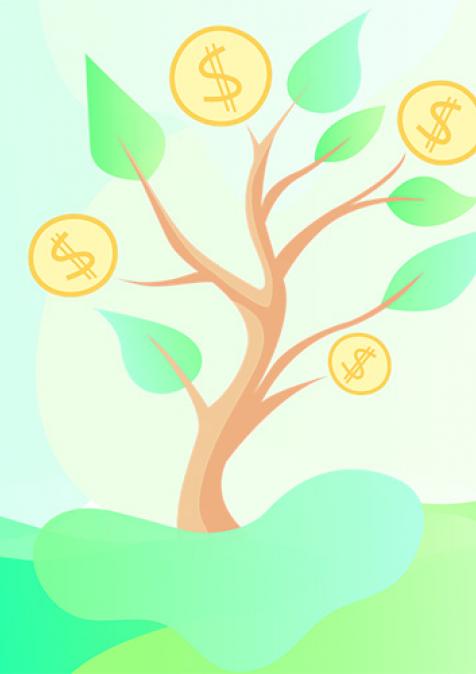Publications /
Policy Brief
This policy brief was originally published on t20ind.org
Despite the perception of abundant financial resources and technology worldwide, building quality project pipelines of sustainable infrastructure and securing funding for them remains a challenge for most developing countries. One potential solution to these obstacles is international cooperation among governments through enhancing cooperation among their national, regional, and multilateral development banks, which already contribute significantly to mobilising resources for such investments in developing and developed nations. Establishing a ‘universal ESG language’ is a crucial prerequisite for this cooperation. This entails developing an internationally accepted taxonomy and guidelines from the beginning of project development and aggregation. Creating a common ESG language will fundamentally enable the use of these pipelines to support the issuance of green debt and securities instruments. This Policy Brief argues that creating an ESG language is a necessary first step for the G20 countries to effectively collaborate in developing a high-quality green infrastructure investment pipeline. This collaboration will ultimately pave the path for a more sustainable, prosperous, and just global economy.








